Article: Győző Nagy
Translation: Nóra Fehér
“I used to be very intense … I simply wanted to make an impact on the world …”
Mihály Dresch, this year’s Fonogram and Kossuth P. winner, will perform at Müpa Budapest at the end of September. The concert will shine a spotlight on both his jazzy (Dresch Quartet) and folk musician (Dresch String Quartet) sides – or rather, as the title of the evening and his recent album implies, he will remain in the shadows.
What special treat can audiences on September 29 be sure to expect?
Viktor Tóth is deserving of a mention, we will play a more serious block together, four compositions. I’ve played duets with him before, but I’ m working on a composition especially for this occasion since he will be our prominent guest. I was given free rein to invite anyone I wanted, even foreign musicians, but I have a lot of respect for Viktor, I love him and we deserve to play together. I suppose a Müpa concert is a special occasion for everyone, and I’m glad it turned out this way.
Is there a difference between the way you prepare for, say, a Müpa concert and a smaller venue in the countryside?
No difference. I don’t get nervous at all before the gig, because I usually prepare myself mentally and spiritually in the days before. I consciously think about the repertoire, what we’re going to play, I try to get into the mood of the venue, how we’re going to feel. Of course, sometimes I get a bad feeling, and sometimes it works. I get a pretty good feel for it.
In the quartet, you play with two very young musicians on bass and drums. Was that by design, did you want young musicians, or were they simply the ones you liked to play with?
It’s nice to play with young people. Although our bodies are getting older, my feet hurt, but I don’t want to deal with that. Old people often complain, and I don’t know what to do about it. Music has a dynamic, what I like I can live with young people. And I don’t want to give that up. Maybe later I’ll become more poetic, more narrative, but I’m not there yet. I’m conservative in the classical sense, but music is a living, pulsating thing, you need dynamics, and that’s why I like to make music. That’s why I like jazz, but also folk music: because it’s dynamic. Good folk music is pulsating, it gives energy, and it’s life-loving.
How did you receive the Kossuth Prize?
The thing is, I don’t understand it. When I was confronted with the fact of the prize, I didn’t feel at all that I deserved it. I don’t say this out of false modesty, but I really felt that way, and I still feel that way. With awards, it’s the same with me, like snipers, they shoot out at you, but there may be a lot of people next to you at a higher level and more deserving. With that said, I was very pleased and it all came down terribly slowly. It’s still working in me. It’s a huge honour. And I also reflected on the fact that I made a lot of mistakes, I have a lot of bad records, but I was rewarded for my efforts. They said that it was for developing an independent musical path and I think that’s probably true. It is a journey: not a set of finished products, a process that should be rewarded – even if you take me out of it – as an example. Because someone has taken a lot of time to find their way. I had no choice, by the way. I did it, I was happy to do it. This country has sustained me, financially, in every way; I have no complaints, in fact I thank you very much.
Forty-three years in the game. What do you feel has changed the most?
I used to be, say, in the late eighties, very intense. I would stop when there was an audience talking and start arguing and stuff. I had a revolutionary spirit and, although I’m not very well-grounded, I was, in a quote from Attila József, ‘shouting and blustering’. I simply wanted to make an impact on the world, and I believed that my feelings and my truths were one hundred percent accurate. Now, I wouldn’t think that today. Today I still have my feelings and my truths, but I have refined my things because I felt that I could not stand it, I am not strong enough to be able to represent that kind of milieu and that kind of attitude throughout my life. So I had to change. A lot of people took it out on me, but whatever. I couldn’t go on doing it, I had to change.
Musically, it was probably a cardinal point when I left György Szabados and Makez. I had been freelancing intellectually until then, I was just very committed to György Szabados’ artistic ambitions and ideas. I gave myself one hundred percent, but after a while, I got tired and felt that I needed more musical adventure and musicality for myself to refine. I wanted to refine it. Not that Szabados was not subtle, make no mistake, he was a very high level person and musician. I’m talking about myself, standing in the shade of the big tree. And the other is the people element. Because life has indeed tested me, that’s what it’s all about. I realised I’m not as cool a kid as I thought I was when I was, say, 30. I can rewind to where I was disappointed in myself, where my clothes got muddy, so to speak. But I read a book, by Omraam Mikhael Aivanhow, a Bulgarian philosopher who lived in France, and he said that it’s not wrong to get dirty, it’s whether you can keep yourself, whether you can go through with things, whether you can keep your faith. You realise you’ve made a lot of mistakes and you still have to live. You can’t say it’s over then. You have to do it, try to fix it and refine it. Szabados said it in such a way that our point is not to create something new, always new – although he liked to create something new but to preserve the created world. In other words, to see how great the created world is and to preserve it, because we can only create something more monstrous than that. I absolutely agree with that. That’s where I am now.
Article: Győző Nagy
Translation: Nóra Fehér

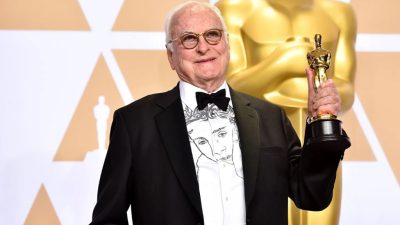

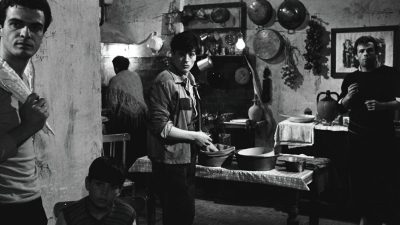





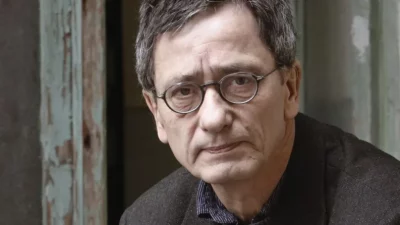





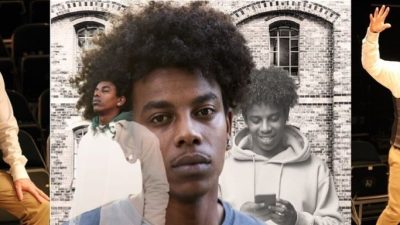







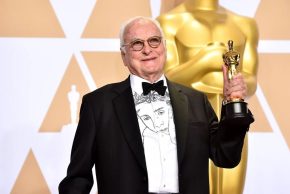
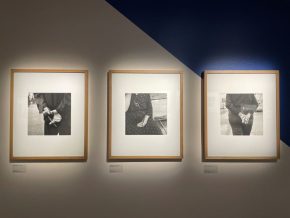


Comments